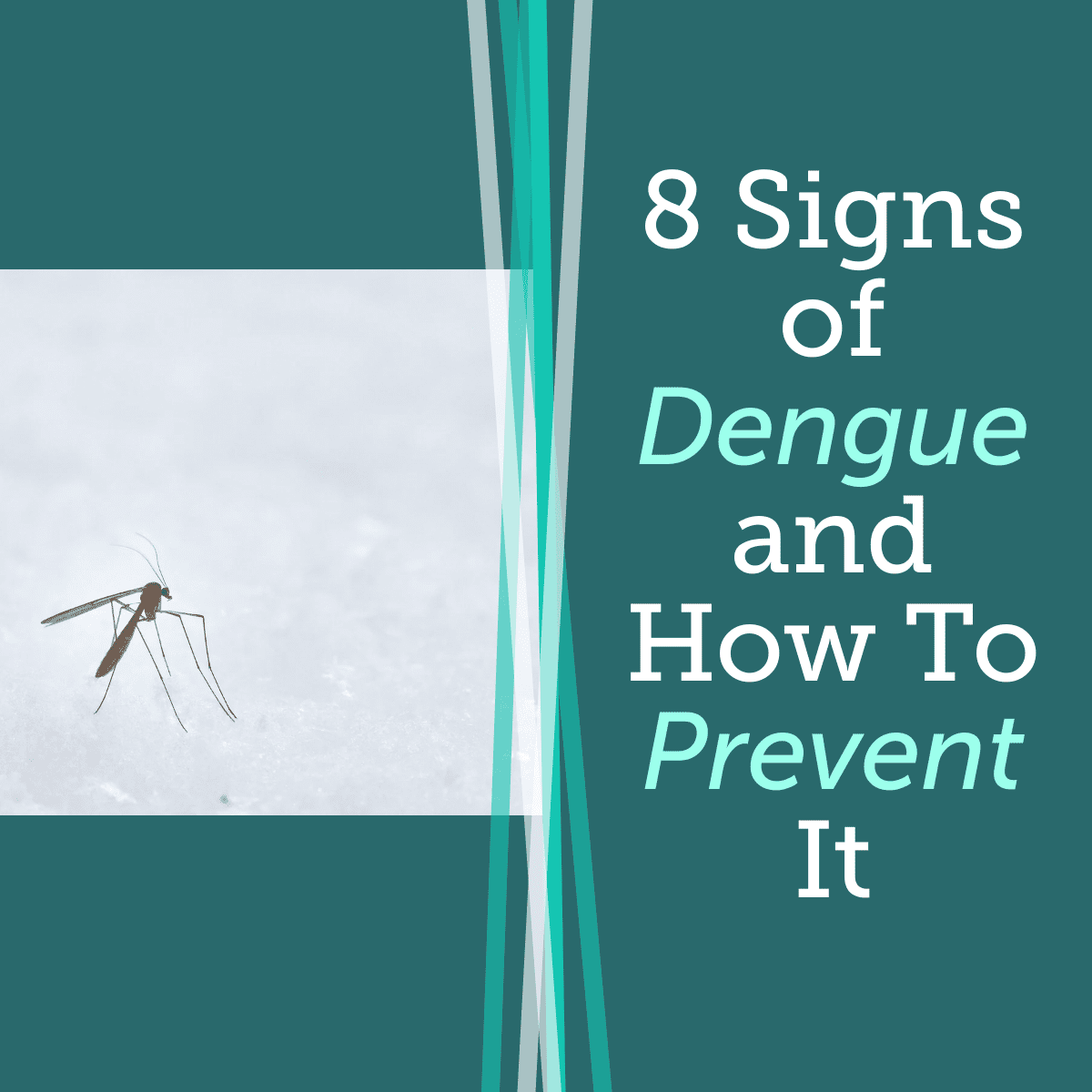Dengue fever is a known mosquito-borne disease common in tropical and subtropical countries like Southeast Asia, Latin America, the Pacific Island, and Africa. It continues to spread on new terrain, including southern parts of the USA and Europe.
Understanding the signs and symptoms of dengue can help reduce life-threatening conditions and potential outbreaks in your area. As the summer season is fast approaching, the toll on dengue fever continues to grow. Mild cases of dengue include high-fever and similar symptoms associated with flu. Severe dengue can cause bleeding, sudden blood-pressure drop, or death.
So, what signs and symptoms should you watch out for? If there are plenty of mosquitos in your area, and a suspected outbreak may arise, here’s what you must monitor:
What Are the Signs & Symptoms of Dengue Fever?
Dengue is a tropical illness caused by a mosquito-carrying virus that causes fever, rashes, headaches, and joint pain. Most dengue cases are mild and can be treated and goes away on their own after a week. If you plan to travel in a tropical area where dengue cases are suspected, it’s best to guard yourself against mosquitos.
Dengue symptoms are milder for younger children and those that are infected for the first time. On the contrary, if you had been infected with dengue before, it’s best to take all precautionary actions to protect yourself. Symptoms can be moderate to severe.
The most common dengue symptoms are as follows:
- Fever with muscle or joint pain
- Rashes
- Headache/severe headache
- Pain behind the eye
- Bleeding
- Gastrointestinal issues like vomiting or nausea
- Extreme belly (abdominal) pain
- Difficulty breathing
How Is Dengue Fever Diagnosed?
If you doubt whether your child or someone in your family may have been infected with dengue, check with your doctor immediately. Whether you’re in an area where an outbreak/case of dengue has been reported, it’s best to visit the doctor as soon as possible to prevent potentially life-threatening complications.
To diagnose potential; infection, your doctor will test your child and monitor the symptoms. Aside from travel history, your doctor will require a blood test sample to diagnose conditions.
Can Dengue Fever Be Prevented?
Up to this date, there is no known effective vaccine to combat dengue fever. The best way to prevent getting infected with dengue is to avoid getting bitten by a mosquito, especially if there’s an outbreak in your area. Dengue infection is commonly transmitted through mosquito bites from a virus-carrying mosquito.
- Use screens on your windows and doors to prevent mosquitoes from entering the house
- Refrain from opening sunscreen doors and windows
- For kids, let them wear long sleeves, long pants, socks, and shoes while outdoors
- Apply mosquito repellent lotions if needed
- Use mosquito nets over your bed when sleeping
- Choose repellents that have DEET or lemon eucalyptus extracted oils
- Clean your surroundings and remove all stagnant water
- Remove potential containers where mosquitoes can lay eggs on
(n/d)kidshealth.org
(n/d) healthline.com
























